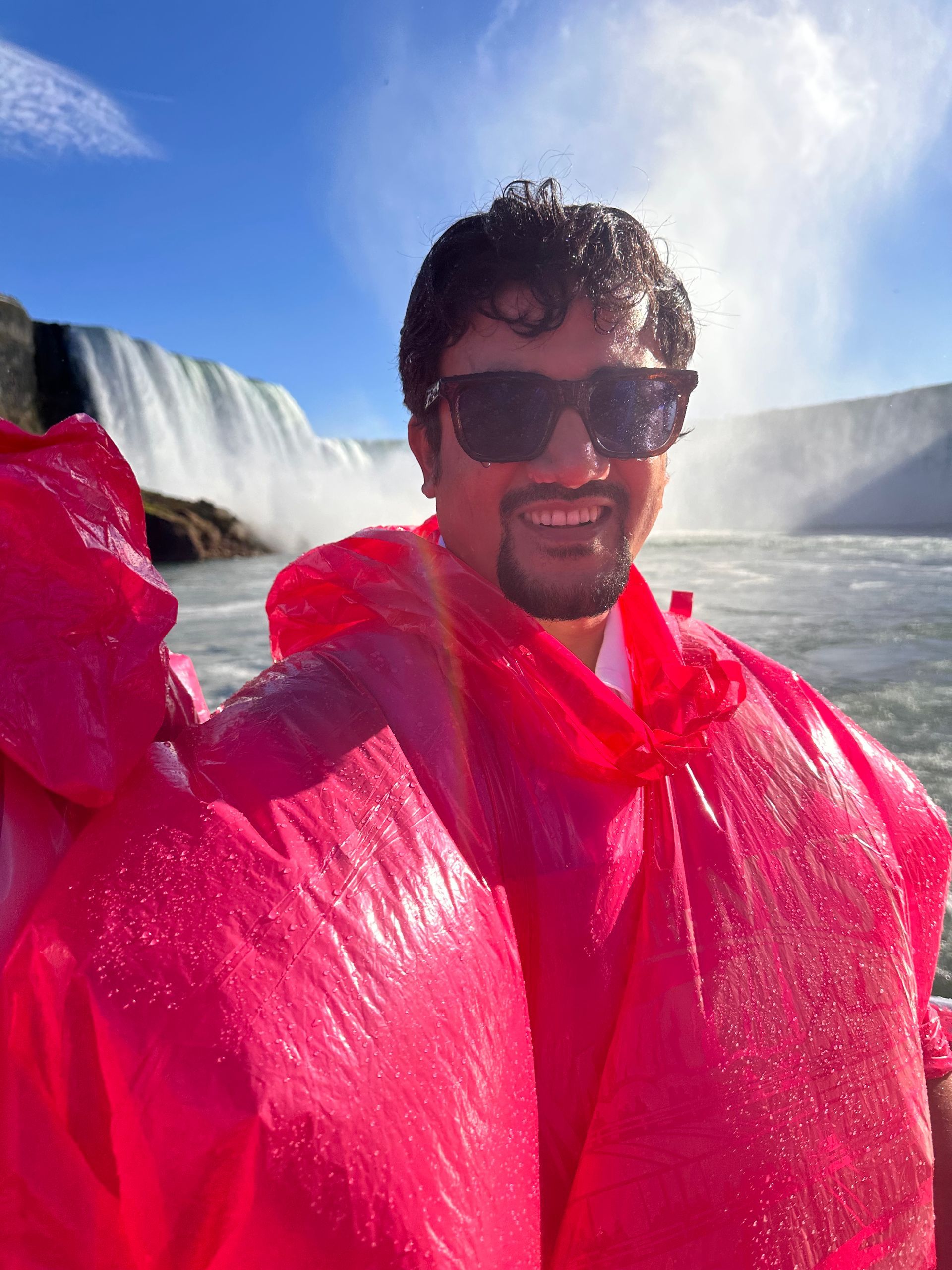

#MyStory
Overcoming Statelessness
Written by: Farah Alishaqi and Tiba Alishaqi
“I saw the power of writing,” Imran said in an interview. “Nobody knew about our situation. Nobody knew me at all, but my writing traveled around the world.”
Despite the absence of technology, Imran lived a financially comfortable life with his parents and six siblings in a house with a lot of land. He proudly talks about the time he spent with his mother when he was young as he shares, “Both my mother and I were morning people. I think I got that from her. We used to work very early in the morning, and we prayed together. She would sweep the floor of the front yard. I was sitting in the house watching her. I miss those times.”
Regardless of everyone’s fear of the military, Imran’s parents tried their best they could to shield him and his siblings from the violence that was occurring outside the home. In the country, the sole objective consisted of protecting one’s own family. While families in the United States could contribute to other activities, families there did not have options to choose from.
The term “genocide” never came to Imran’s mind throughout his time in his home country. However, the military consolidated control over the country at the expense of the freedom and privacy of the Rohingya. Imran knew that, if he wanted to have a chance at living, he needed to leave the country. Without a passport or documentation, he boarded a boat with other villagers, which would be the first of many to leave.
He would travel from his country to Australia while stopping at Bangladesh, Malaysia, and Indonesia along the way. The journey to Christmas Island, Australia, was very frightening for Imran because their boat had started to break down along the way. If the Navy did not arrive within two hours, those still alive on the boat would have died.
After staying at the detention center in Christmas Island for three months, Imran would be moved to another detention center on Manus Island, Papua New Guinea. The locals were both afraid and fascinated by the refugees, as false rumors and scary stories were spread by the Australian government. Later on, both the locals and refugees were able to learn more about each other which eased tensions.
Back in his home country, having an education was prohibited by the military as a way to persecute the Rohingya community. Without access to education, none of the villagers knew how to fight for their rights or have a voice. Imran would lack the motivation to learn English until he found an interest in writing after spending a few weeks in an Australian detention center.
Although Imran was surrounded by hundreds of men with limited personal space, he was always lost in his imagination when he was writing. Imran illustrates how he began to learn the English language as he explained, “First, I fell in love with writing. I didn’t have a lot of motivation to learn the language. With that love, I started learning the language. Sometimes, I had a lot of imagination in my head, but didn’t know how to express it. That’s when I started searching for words and sentences. I learned it very well when I was there.”
The decision to move to Buffalo, New York began with the desire of the Rohingya community to create their own organization here. However, they did not have anyone that was able to navigate them through the process. Therefore, they made the request for Imran to move to Buffalo. He was unsure as to how long he would stay in this city. Due to Imran’s decision to move here, the Rohingya community in Buffalo is finally able to have a voice.
Whenever Imran has to make a decision, he will always refer to his mother for advice. Despite her lack of education, she had a trustworthy instinct. His mother has always been his mentor, although she is halfway across the world.
As a coordinator for the Rohingya Youth Club, Imran helped the younger generation of immigrants coming to the United States who lacked an educational background. When Imran lived in Chicago, he communicated with the community and encouraged them through difficult processes like paying for college. Imran also empowered their parents to ensure the youth had proper resources and studying environments. He notes that a difference between living in Buffalo and Chicago is that Chicago is more accessible because of the many available refugee-owned organizations there.
“Maybe they are overwhelmed, they think that they can’t do it,” said Imran. “So I showed them that I was here. I did not have a high school certificate. I did not go to college.” Although Imran is not physically working with the club, he remains involved today.
At Buffalo State University, Imran is double majoring in social work and journalism, where he learns about policies and advocates for diverse communities. With his professors, Imran experiences mentorship as they share projects that help him reach his future goals. Although working as an interpreter and being a student require significant commitment, Imran says that he answers the phone regardless of the time so that he can help his community.
Regarding immigration in the United States, Imran says that Rohingya immigrants are struggling with healthcare, housing, and isolation. He hopes that in order to achieve effective policies communication and raising awareness of these issues are necessary. In the future, Imran hopes to earn his Masters at the University of Buffalo, and his goal is to create a network in order to represent his people.
“I just want people to know that we are human. That is our first identity,” said Imran.
